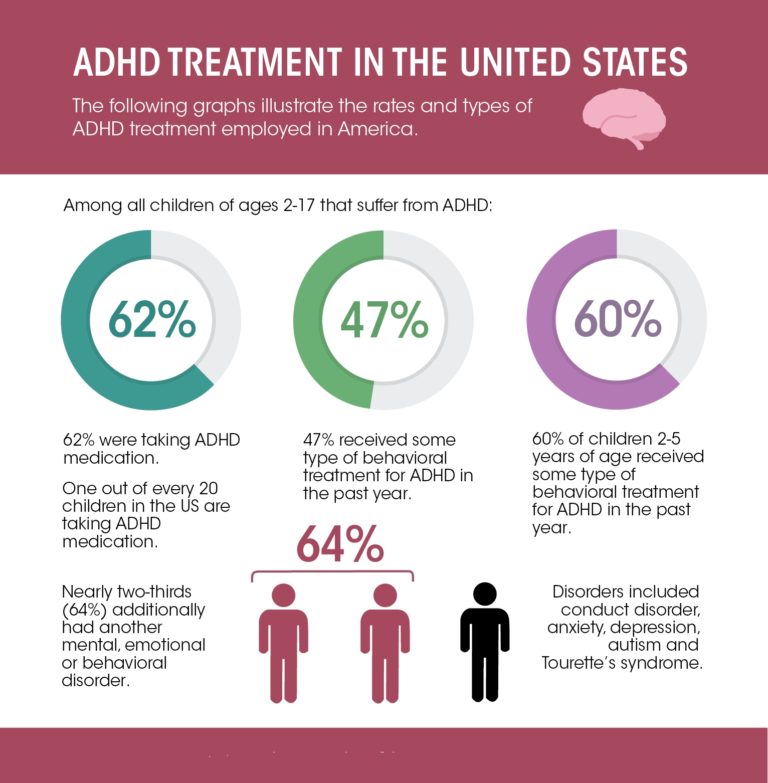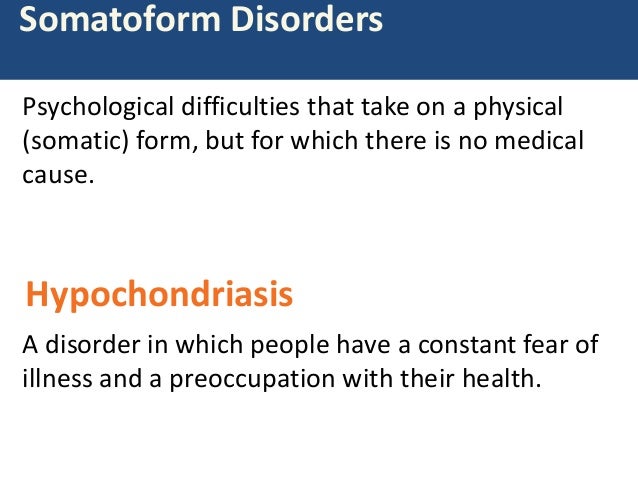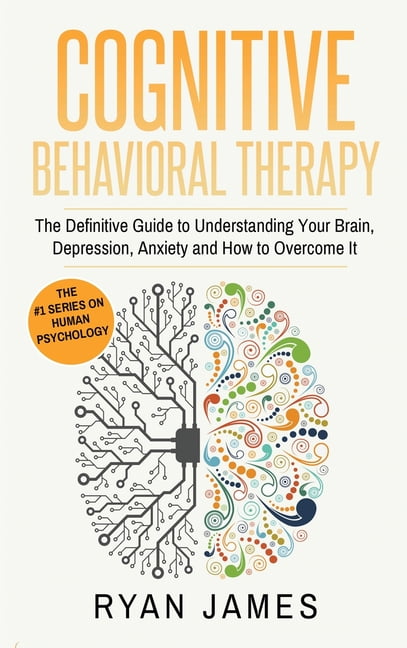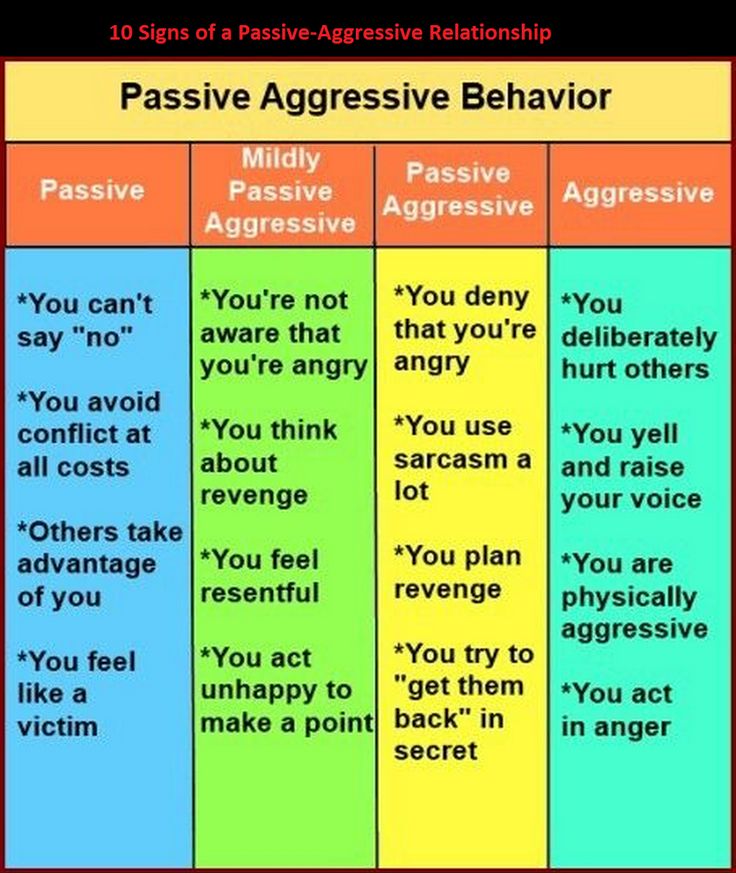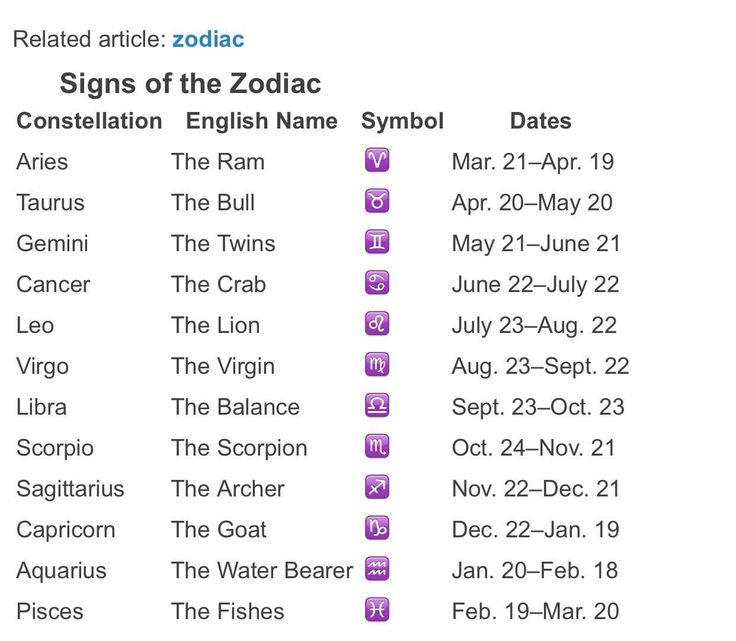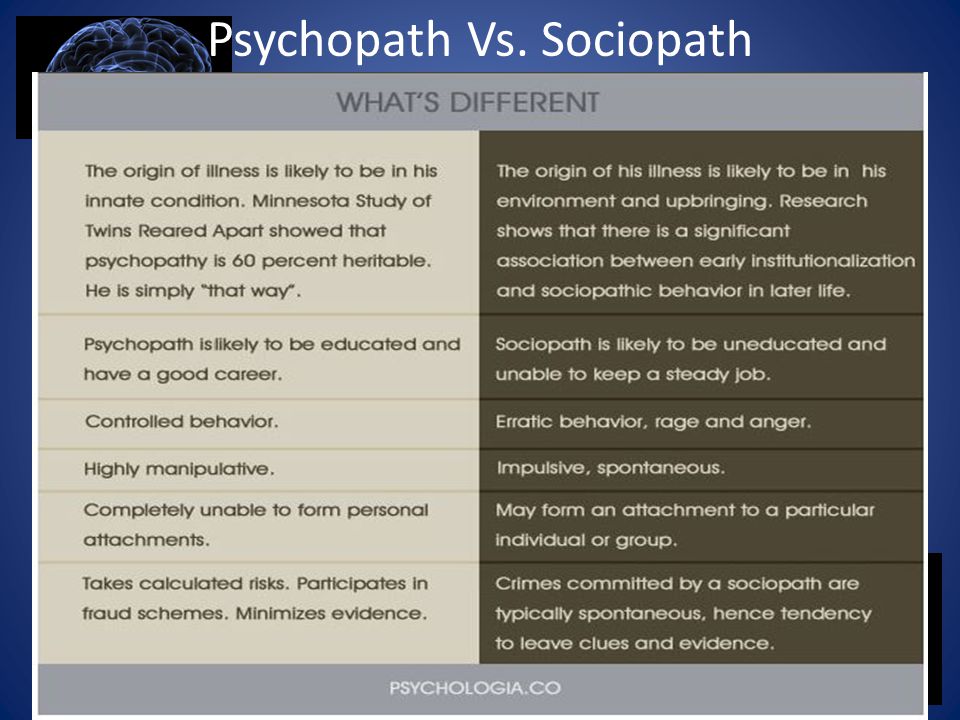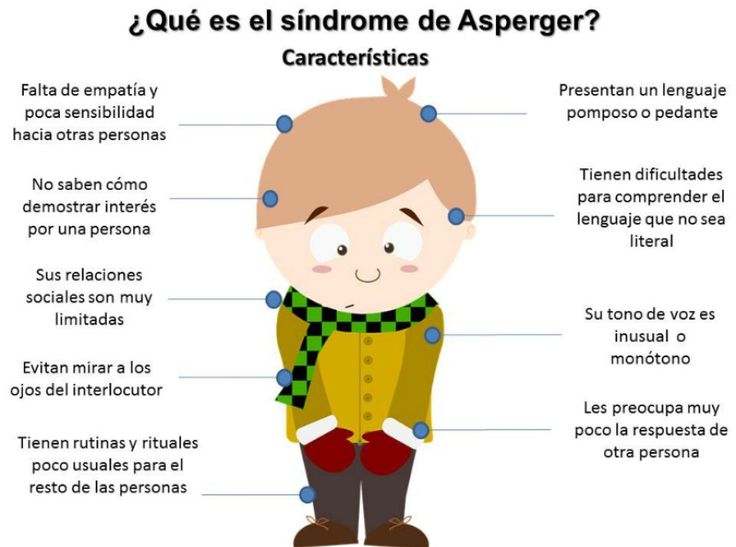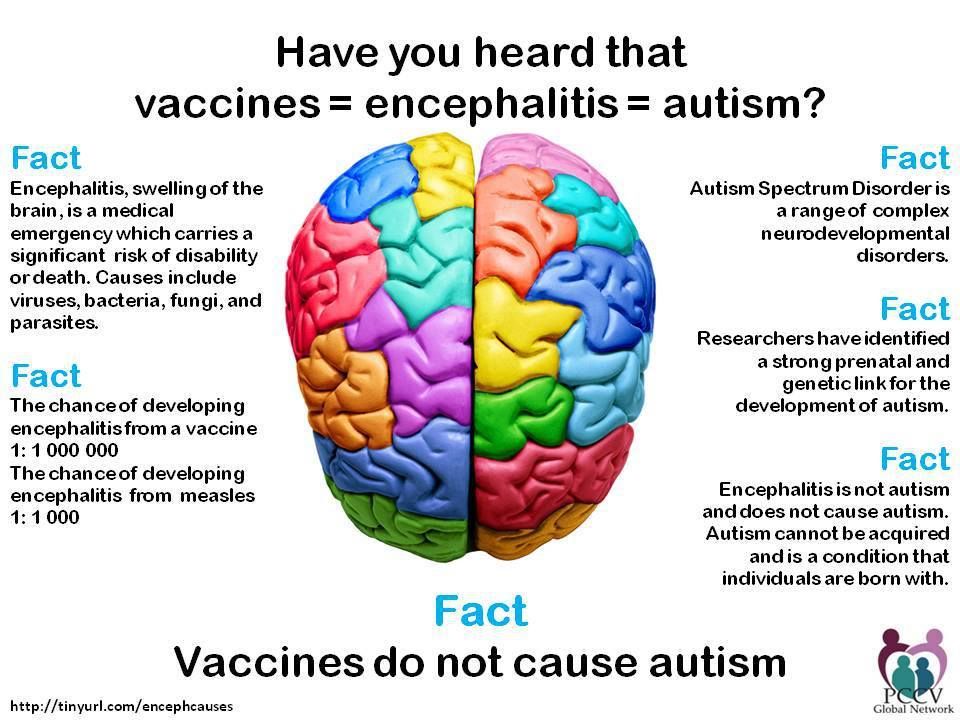Treatments for pedophelia
Pedophilia
Treatments
Cognitive Behavior Therapy and Pharmacotherapy
Treatment Summary: Treatment for pedophilia usually focuses on decreasing inappropriate sexual urges and increasing one's ability to resist those urges when they occur. The primary treatments for pedophilia include Cognitive Behavior Therapy, pharmacotherapy (drugs that suppress sexual appetite), or a combination of the two. Cognitive Behavior Therapy (CBT) attempts to influence cognitive processes before a sexually deviant behavior occurs. Relapse prevention and aversion conditioning are two common approaches used in CBT. Relapse prevention involves helping the offender recognize high-risk situations in which he is likely to feel or act on inappropriate sexual urges and avoid those situations. Aversion conditioning consists of pairing a deviant sexual urge with something unpleasant such as a foul odor so that the offender associates the deviant behavior with something bad. This is followed by the pairing of appropriate sexual stimuli and something pleasant to reinforce the desired association (Marshall, 2006).
Two well-developed models for therapy are the Risk/Needs Responsivity Model and the Good Lives Model. The Risk/Needs Responsivity Model evaluates the subject in terms of the risk he poses to others, and treatment is personalized to best facilitate change. The Good Lives Model is a strength-based initiative that focuses on promoting goods while reducing risk. The approach builds on personal strengths and respect for the individual to help offenders to self-actualize thus reducing their desire to harm others (Ward, Mann, & Gannon, 2007). Pharmacotherapy focuses on reducing the sex drive by lowering testosterone levels which decreases the frequency and intensity of deviant sexual urges. These drugs include medroxyprogesterone acetate (MPA), cyproterone acetate (CPA), luteinizing hormone-releasing hormone (LHRH), and leuprolide acetate (LA). Many researchers agree that the best result is achieved when CBT and pharmacotherapy are used concurrently (Schober et al., 2005). Hormone therapy modifies the sex drive while CBT influences cognitive processes resulting in a new, healthier belief system and decreased deviant sexual desire.

- Reference: Marshall, W. L. (2006). Olfactory Aversion and Directed Masturbation in the Modification of Deviant Preferences: A Case Study of a Child Molester. Clinical Case Studies, 5(1), 3-14. doi:10.1177/1534650103259754 Schober, J. M., Kuhn, P. J., Kovacs, P. G., Earle, J. H., Byrne, P. M., & Fries, R. A. (2005). Leuprolide Acetate Suppresses Pedophilic Urges and Arousability. Archives of Sexual Behavior, 34(6), 691-705. doi:10.1007/s10508-005-7929-2 Ward, T., Mann, R. E., & Gannon, T. A. (2007). The good lives model of offender rehabilitation: Clinical implications. Aggression and Violent Behavior, 12(1), 87-107. doi:10.1016/j.avb.2006.034
- Submitter: Fran Hoffman
Antiandrogenic therapy, or chemical castration
Treatment Summary: The intracellular androgen receptors regulate testosterone. Testosterone regulates sexuality and aggression and maintains male sexual characteristics. Although it has not been proven that pedophiles have abnormally high testosterone concentrations, antiandrogenic therapy is thought to reduce a pedophiles sexual urges. Antiandrogen drug therapy basically suppresses androgen action at the levels of the receptor, so testosterone production is greatly reduced. Antiandrogen drugs include Cyproterone Acetate (CPA) and Medroxyprogesterone Acetate (MPA). Hypoandronism eventually stumps male sexuality, sexual fantasist, and desire. This mode of therapy has proven to be highly effective.
Although it has not been proven that pedophiles have abnormally high testosterone concentrations, antiandrogenic therapy is thought to reduce a pedophiles sexual urges. Antiandrogen drug therapy basically suppresses androgen action at the levels of the receptor, so testosterone production is greatly reduced. Antiandrogen drugs include Cyproterone Acetate (CPA) and Medroxyprogesterone Acetate (MPA). Hypoandronism eventually stumps male sexuality, sexual fantasist, and desire. This mode of therapy has proven to be highly effective.
- Reference: R�sler, A., & Eliezer Witztum, A. (2000). Pharmacotherapy of paraphilias in the next millennium. Behavioral Sciences & the Law, 18(1), 43-56. Retrieved from Academic Search Complete database.
- Submitter: Ashley Dawn Sheppard
Cognitive Behavior Therapy
Treatment Summary: The best treatment for pedophilia is on-going cognitive behavior therapy, although one type of treatment does not necessarily help all offenders; there are different levels of pedophiles and what works for one pedophile may not be helpful for another.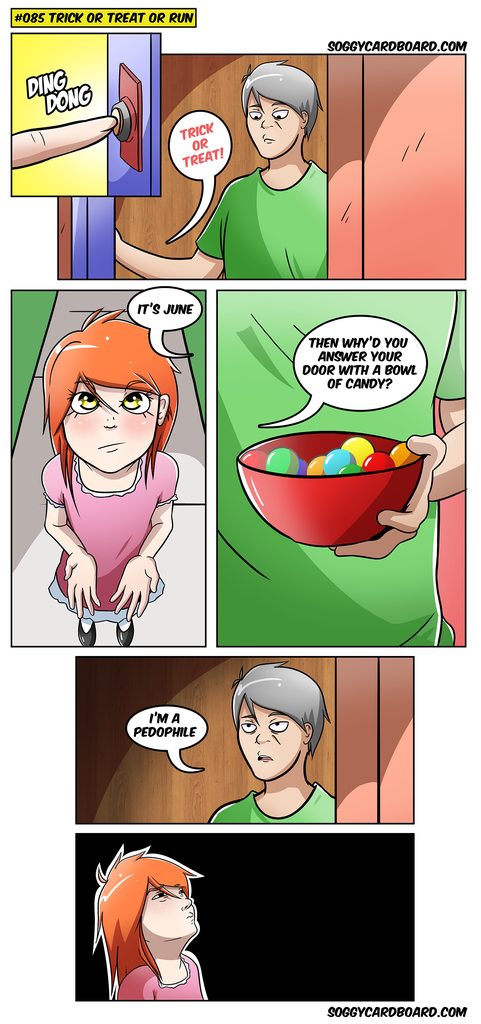 Cognitive behavior therapy is a process that includes assessments with a few different models which may all apply to many pedophiles or only one may apply to a pedophile. The models include the risk/needs model, which pertains to the higher the risk the more intensive treatment is needed. The next model is the good lives model which includes developing life skills such as social skills, positive attitudes, and raising self-esteem to attain a happy life. The last model is combining treatment models, emphasizing all models to help develop a well rounded individual who is in control of their life and will not re-offend. Success of the models includes many information building techniques, starting with a life history so the therapist may better understand the client in identifying mental, emotional, and behavioral issues of the past and present.
Cognitive behavior therapy is a process that includes assessments with a few different models which may all apply to many pedophiles or only one may apply to a pedophile. The models include the risk/needs model, which pertains to the higher the risk the more intensive treatment is needed. The next model is the good lives model which includes developing life skills such as social skills, positive attitudes, and raising self-esteem to attain a happy life. The last model is combining treatment models, emphasizing all models to help develop a well rounded individual who is in control of their life and will not re-offend. Success of the models includes many information building techniques, starting with a life history so the therapist may better understand the client in identifying mental, emotional, and behavioral issues of the past and present.
- Reference: Marshall, W., Marshall, L., & Serran, G (2006). Strategies in the Treatment of Paraphilias: A Critical Review.
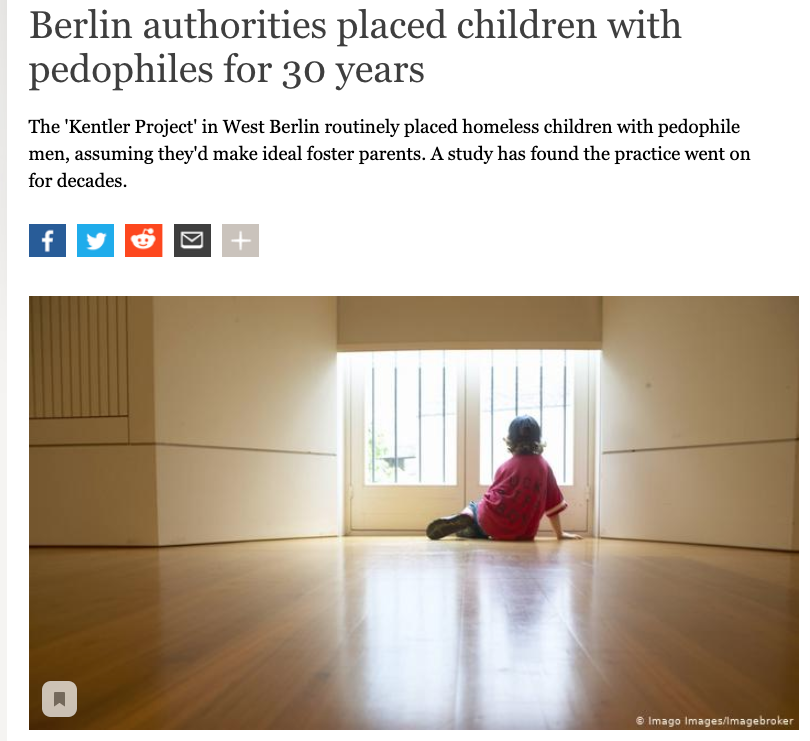 Annual Review of Sex Research, 17162.
Annual Review of Sex Research, 17162. - Submitter: Cheryl L. Caldwell
Cognitive behavioral therapy and Medication
Treatment Summary: Cognitive behavioral therapy focuses on getting the individual to see there is a problem and help change their thought process dealing with the behavior. They can go through empathy training and classes to help control their urges. Anti-androgen drugs are the only way to control the urges an individual has. These drugs lower the male hormones causing a decrease in sexual desires, activities, and fantasies. Some researchers believe that cognitive behavioral therapy is too "one size fits all" approach. There should be flexibility in the therapy approach and the therapist should be able to adjust according to the individual. Incorporating therapy and medication is the best approach.
- Reference: Marshall, W. L., Marshall, L. E., & Serran, G. A. (2006). Strategies in the Treatment of Paraphilias: A Critical Review.
 Annual Review of Sex Research, 17162-182. Retrieved from EBSCOhost.Pedophilia. (Cover story). (2004). Harvard Mental Health Letter, 20(7), 1-4. Retrieved from EBSCOhost.Pessimism about pedophilia. (2010). Harvard Mental Health Letter, 27(1), 1-3. Retrieved from EBSCOhost.
Annual Review of Sex Research, 17162-182. Retrieved from EBSCOhost.Pedophilia. (Cover story). (2004). Harvard Mental Health Letter, 20(7), 1-4. Retrieved from EBSCOhost.Pessimism about pedophilia. (2010). Harvard Mental Health Letter, 27(1), 1-3. Retrieved from EBSCOhost. - Submitter: Victoria Rutter-Reese
Pedophilic Disorder Treatment Options: Medication and Therapy
Pedophilic disorder treatment options include medication, hormone, and psychosocial therapies. “Stigma often discourages people from seeking help, but resources are available.
Pedophilic disorder (formerly known as pedophilia) occurs when someone experiences or engages in sexual fantasies, urges, or behaviors involving prepubescent children ages 13 and under.
Pedophilic disorder treatment usually involves a combination of:
- medications, such as hormone therapy
- therapies, such as cognitive behavioral therapy (CBT)
- other psychosocial methods, like group therapy or family systems theory
When approaching treatment, it’s important to consider how an individual views their inappropriate thoughts and impulses.
It’s also important to consider any co-occurring conditions, such as:
- antisocial personality disorder (ASPD)
- substance use disorder (SUD)
- bipolar disorder
- depressive and anxiety disorders
- other paraphilias
Here’s a deeper dive into former and current treatments.
Androgen deprivation therapy (ADT) involves hormone-inhibiting medications to diminish sex drive in a person with pedophilic disorder.
Hormone-inhibiting medications may include:
- gonadotropin-releasing hormone (GnRH) antagonist, such as degarelix
- cyproterone acetate (CPA)
- medroxyprogesterone acetate (MPA)
A 2022 review of several studies found that testosterone-lowering drugs can reduce sexual interests and behaviors in pedophilic disorder.
A randomized clinical trial in 2020 found that treatment with degarelix worked quickly (2 weeks) to reduce the risk that someone would sexually abuse a child. While a 2022 study found that after 10 weeks of degarelix treatment, 58% of participants reported no further sexual interest in children.
David Tzall, a New York psychotherapist with experience treating pedophilic disorder, states that injectable GnRH antagonists, like Lupron, have been effectively used on criminal offenders.
Some selective serotonin reuptake inhibitors (SSRIs), which are often used to treat obsessive-compulsive disorder (OCD)., may decrease sexual obsessions, improve disordered mood symptoms, and perhaps decrease impulsivity.
Pedophilic disorder is a type of paraphilia. Paraphilias are persistent, atypical sexual interests, urges, or behaviors that cause distress or harm to one’s self or others. . These urges and behaviors involve objects, activities, or even situations, like non-human objects, pain, or non-consenting people.
Paraphilias can sometimes be manifestations of OCD. People with pedophilia OCD (POCD) may experience repetitive thoughts and ruminations related to the fear of offending, and medications may help to reduce repetition.
Tzall notes individuals may view recurrent thoughts as ego-dystonic or “very unnatural to them. ”
”
A 2022 review suggests that SSRIs and tricyclic antidepressants have been shown to treat compulsive sexual behaviors and other compulsive paraphilias.
What is POCD?
It’s important to note that POCD is a manifestation of OCD, not a paraphilic disorder. Those living with POCD aren’t physically attracted to children, but they have intense fears that they could be.
The Diagnostic and Statistical Manual of Mental Disorders, 5th edition, text revision (DSM-5-TR) doesn’t distinguish specific types of OCD. OCD is the only clinically recognized condition. But POCD is used as a descriptive term to help clients understand repetitive and obsessive thoughts.
A 2021 study indicates that CBT is effective in decreasing hypersexuality among pedophiles.
CBT can encompass various therapeutic methods to change thoughts and behaviors related to pedophilia.
- Cognitive: cognitive distortion, pro-offending attitudes, impulse control deficits, social skills deficits, poor emotional regulation, and environmental triggers.
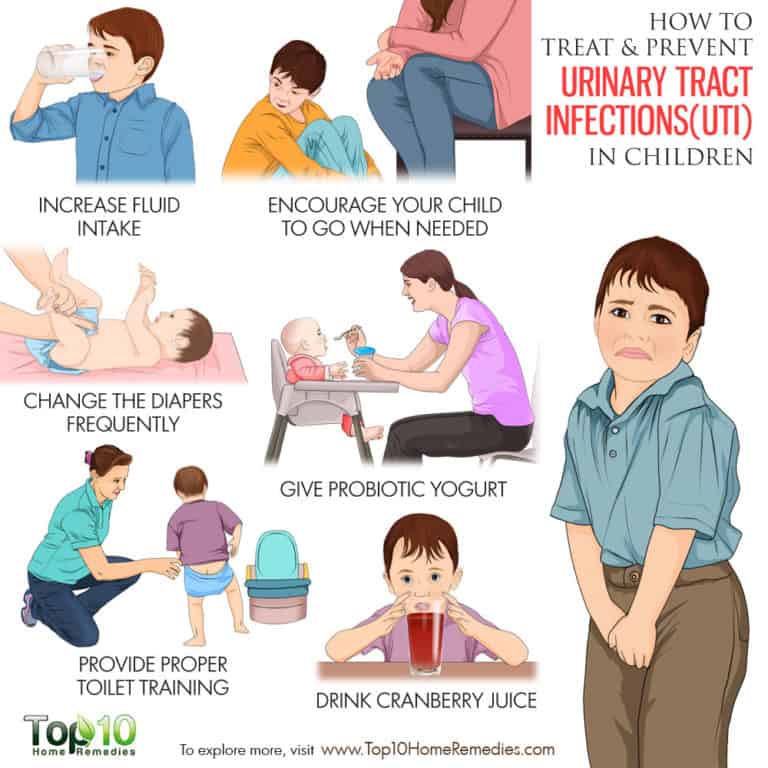
- Behavioral: masturbatory reconditioning, covert sensitization, or aversion therapy.
CBT may address denial or provide empathy training. Another goal may be to reduce offense-supportive beliefs, such as “children need to have sex to learn about it.”
“If you’re not interrupting those thoughts, they can potentially linger and become more distressing,” Tzall says. “It may increase the risk.”
Aversion therapy is a behavioral therapy based on Ivan Pavlov’s classical conditioning. A licensed psychologist provides an aversive stimulus, e.g., bad-tasting bitterroot or harsh-smelling ammonia, and pairs it with an inappropriate thought or behavior.
“When you have these thoughts, you smell the ammonia; when you want to take an action, you put the bitterroot in your mouth,” Tzall explains. “On a consistent basis, someone can use these items to interfere with internal impulses.”
Acceptance and commitment therapy (ACT) is a form of psychotherapy that may be particularly helpful for non-offending individuals.
ACT helps you accept your thoughts and feelings without trying to change them. With the support of a mental health professional, you will safely be guided through uncomfortable thoughts and feelings by using mindfulness and behavior-changing techniques.
“Maybe you experience pedophilic thoughts, and you never act out on them, but you’ve accepted them for what they are, and you’re able to live a good life,” Tzall says.
If you are seeking support, consider visiting Psych Central’s directory to find an online therapist or a mental health professional near you.
People with pedophilic disorder may attend group therapy to confront denial and justification. Group therapy can reinforce the idea that minors aren’t developmentally and cognitively mature, and they legally cannot give consent, Tzall explains.
“You don’t feel alone; you feel like there’s a community,” Tzall says. “If you’re with people like yourself, there’s an understanding that can help to build a support system and serve as a foundation. ”
”
The causes of pedophilic disorder may be related to neurobiology, hormonal differences, and a history of childhood sexual abuse. But research from 2015 indicates that most survivors of sexual abuse will not develop pedophilic disorder.
The DSM-5-TR lists three specific criteria to diagnose a person with pedophilic disorder, which include:
- sexual arousal, fantasies, urges, or behaviors involving a prepubescent child or children.
- acting on sexual desires, or experiencing related significant distress or difficulty.
- being at least 16 years old, and at least five years older than the child or children.
Specifications include:
- exclusive (attraction only to children) and non-exclusive (attraction to children and adults)
- sexual attraction to a specific gender
- an attraction to family members only (also referred to as incest)
Recognizing the symptoms of pedophilic disorder can help prevent an individual from acting on inappropriate thoughts.
During or after treatment or incarceration, people diagnosed with pedophilic disorder may be given instructions, such as no contact with minors, no cell phone use, and a curfew. When used properly, Tzall explains monitoring can sometimes be the best option available.
Though people with pedophilic disorder often learn about treatment options after entering the legal system, a recent 2022 analysis confirms the existence of a non-offending group seeking support.
Medications, such as hormone therapy and SSRIs, may be used to treat individuals who have offended. But treatment is an individualized issue and approaches may differ for people seeking help.
Research suggests prioritizing patient-centered care, patient-oriented goal-setting, and shared decision-making. As we learn more about the condition, we can better provide treatment to people living with pedophilic disorder.
How and why pedophiles are treated - Knife
In 2018, WHO published the final version of the International Classification of Diseases 11th revision; it is planned to be put into operation in 2022.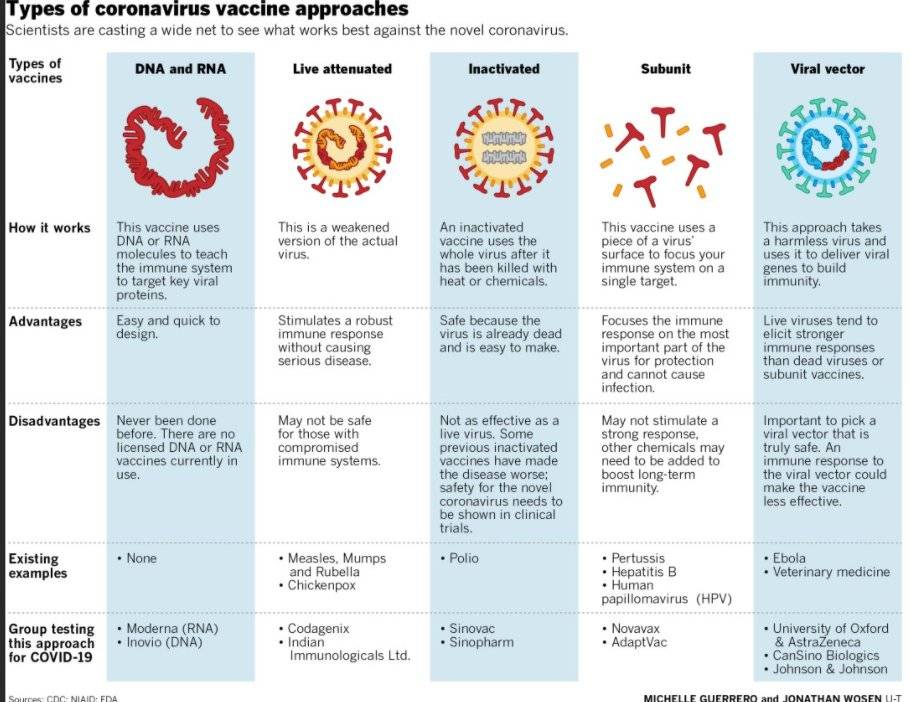 The new list will replace “pedophilia” with “pedophilic disorder”. Its diagnostic criteria are as follows: prolonged and persistent sexual interest in children, manifested in the form of fantasies, arousal and special behavior towards minors, as well as the presence of distress associated with these manifestations.
The new list will replace “pedophilia” with “pedophilic disorder”. Its diagnostic criteria are as follows: prolonged and persistent sexual interest in children, manifested in the form of fantasies, arousal and special behavior towards minors, as well as the presence of distress associated with these manifestations.
This means that a person who experiences sexual attraction to children, but does not directly realize it and does not worry about it, will not be considered mentally ill .
And his specific interest in this case will be considered as part of the sexual spectrum, that is, as an innate trait that he did not choose and cannot change. This was stated in the American DSM-5 of 2013.
“The main impetus for this decision was the protest against stigma — almost any condition recognized as a mental disorder in many countries and cultures is subjected to it,” says ICD project leader, member of the WHO Department of Mental Health and Substance Abuse Professor Geoffrey Reed.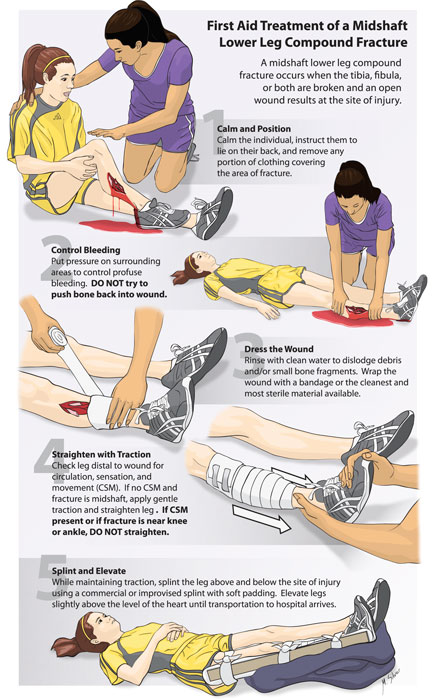
The point is that the outdated diagnosis of "pedophilia" medicalizes illegal actions and criminalizes fantasies. Therefore, the decision of the WHO is as follows: it is not worth treating all the people who are attracted to children with the same brush, and even more so forcibly treating them or putting them in prison.
There is no stigma, there is science
Research confirms that not every pedophile is a maniac. About 50% of offenders who have committed sexual abuse of a minor are pedophiles. The remaining 50% are people who are not at all attracted to children. They either lack the social skills to build emotional and sexual relationships with their peers, or they rape children simply because they can, that is, they demonstrate their power, German psychiatrists conclude.
The distinction between “pedophilia” and “pedophilic disorder” is supposed to give men and women who are attracted to children the right to seek help from a psychiatrist and not be afraid that they will be sent straight to a psychiatric clinic or a pre-trial detention center.

Moreover, the new approach will help to advance the study of this phenomenon, since the taboo of pedophilia creates a number of obstacles to research.
First, so far, most experts have mixed in their samples those who have molested children under thirteen and those who have raped teenagers; those who are sexually attracted to children, and those who have committed a crime for another reason.
Second, almost all of the studies focus on offenders held in prisons or psychiatric hospitals. This means that the results obtained are valid only in relation to pedophiles who committed a crime and were caught. As a result, a false image of a “real pedophile” is formed - a shy, socially inept, passive person. In addition, prisoners may have an ulterior motive for collaborating with researchers: they may say what they want to hear from them, or what will help them get out or reduce their sentence.
The third problem concerns control groups. Usually they are made up of other prisoners convicted of crimes not related to the sexual sphere. This means that all we learn when comparing samples is the differences between the two groups of offenders. If control groups are recruited outside prisons, for example, from among students, but in violation of methodological procedures, then the observed differences may be differences between students and prisoners, and not between pedophiles and non-pedophiles.
This means that all we learn when comparing samples is the differences between the two groups of offenders. If control groups are recruited outside prisons, for example, from among students, but in violation of methodological procedures, then the observed differences may be differences between students and prisoners, and not between pedophiles and non-pedophiles.
The result is that court decisions to treat or detain a pedophile may be based on misconceptions about the phenomenon, and therefore fail to prevent abuse or help people suffering from a pedophilic disorder.
Treat trauma and manage libido
Treating pedophilia is effective when it includes not only preventing child sexual abuse, but also taking care of the general mental health and well-being of adults, says James Cantor, a Canadian clinical psychologist and neuroscientist who studies pedophilia. "The goal of any modern preventive treatment for pedophilia is to help people manage their sexual interests, not try to change them.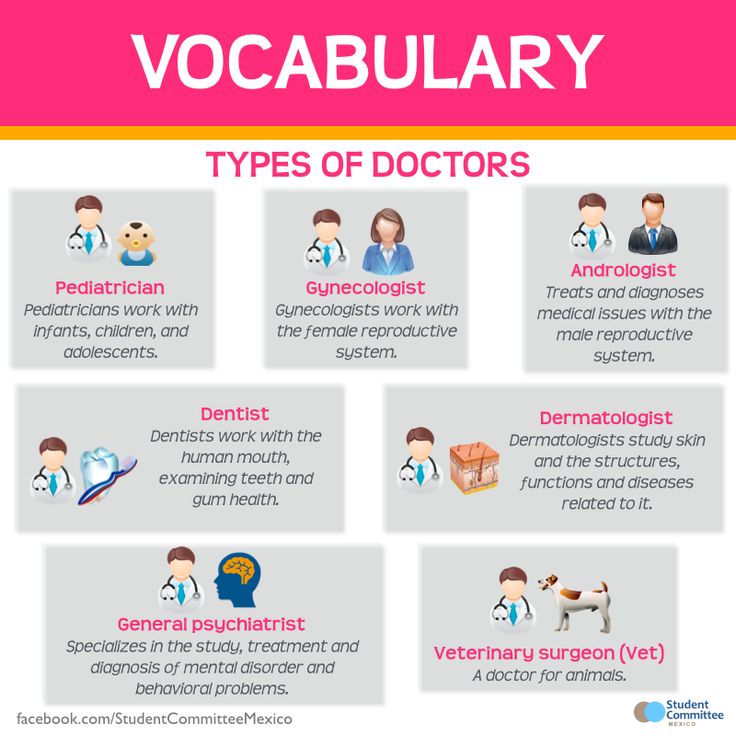 "
"
The main treatments for pedophilia are cognitive behavioral therapy (CBT), pharmacotherapy, or a combination of the two.
Previously, the psychotherapy of people with paedophilic disorder was based on theories that explained the sexual attraction to children as a psychological trauma received at an early age. Psychiatrist George Venet suggests that childhood sexual abuse may contribute to paedophilic arousal patterns.
Other theorists tells that the pedophile makes the child a victim in order to identify with the aggressor - in this way he himself leaves the role of the victim, which he was in the past, and struggles with his own impotence .
Sociologist Sharon Araji, in his review of empirical research on pedophilia, concludes that sexual abusers were typically molested as children. But he draws attention to the fact that such an experience can be a factor in any criminal inclinations, not just pedophilia. Qualitative studies that would show the effectiveness of a psychoanalytic approach to pedophiles do not yet exist.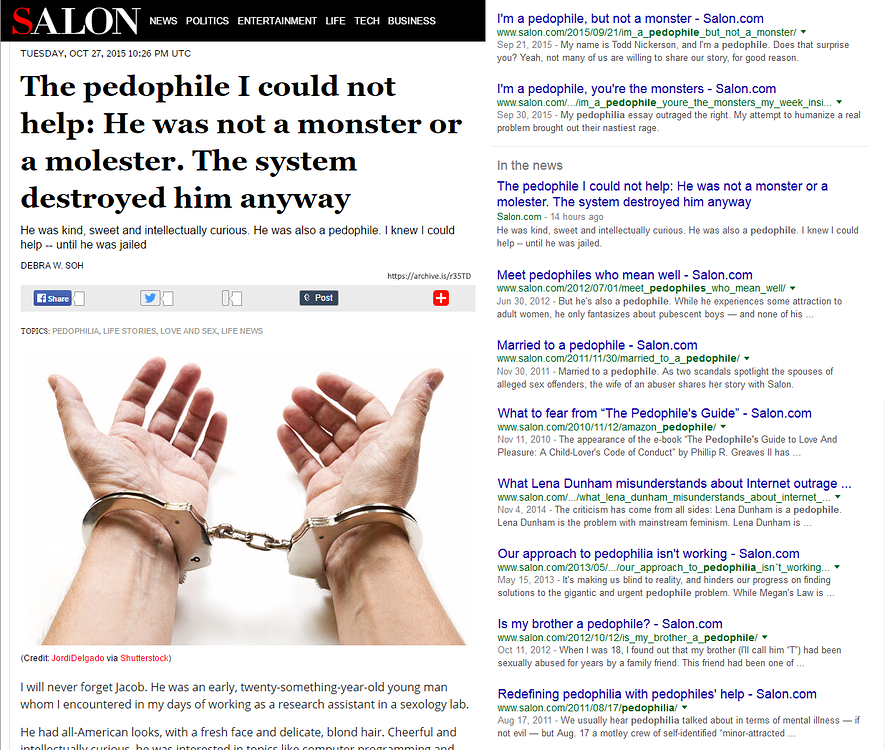
At present, relapses of perverse behavior are thought to be best prevented by CBT. Its task is to teach a person to consciously manage their sexual impulses and interests.
This therapy involves two treatment trajectories. The first teaches the offender to recognize situations in which he may feel sexual arousal and succumb to it in order to avoid them. The second trajectory aims to develop a strong association between deviant sexual desire and something repulsive, such as an unpleasant smell, and associate socially acceptable sexual stimuli with pleasant things.
Chemical castration
Although CBT shows positive results in the treatment of paedophilia, some researchers suggest that it alone is not enough, and testosterone-lowering drugs should be included. A study by Professor Fred Berlin suggests that medroxyprogesterone acetate, one of the drugs prescribed to pedophiles and sex offenders, can weaken libido and facilitate self-control.
The use of hormone therapy is based on the assumption that sexual attraction to children is due to biological factors. Another paper by Fred Berlin reports elevated testosterone levels in a significant number of pedophiles seen at Johns Hopkins. But this data contradicts a report by University of New Mexico psychiatry professor Richard Rad, who found that testosterone levels in people found guilty of child sexual abuse were within the normal range. And a meta-analysis of studies on this topic found no difference in testosterone levels between groups of sex offenders and non-offenders.
Another paper by Fred Berlin reports elevated testosterone levels in a significant number of pedophiles seen at Johns Hopkins. But this data contradicts a report by University of New Mexico psychiatry professor Richard Rad, who found that testosterone levels in people found guilty of child sexual abuse were within the normal range. And a meta-analysis of studies on this topic found no difference in testosterone levels between groups of sex offenders and non-offenders.
Despite this, in some countries (South Korea, the Czech Republic, Poland, Kazakhstan, Estonia, Ukraine, the US states of California and Florida), pharmacotherapy with antiandrogens, the so-called chemical castration, is a compulsory measure. In other states, such as Great Britain, Germany, France, this procedure is carried out with the consent of the molester himself.
Since 2012 in Russia, a pedophile can ask for medical attraction suppression. But in 2020, the United Russia party submitted for consideration a law on forced chemical castration, the decision on which will be made by a judge. The reason for the appearance of the bill was the growth of crimes against minors, as explained by State Duma deputy Anatoly Vyborny.
The reason for the appearance of the bill was the growth of crimes against minors, as explained by State Duma deputy Anatoly Vyborny.
“In many cases this procedure helps. But it is not universal - there are people who are insensitive to it. The exact reasons are still unknown. However, the conclusion is that this procedure does not preclude regular monitoring of released pedophiles.
It is impossible to think that you will make an injection and get a normal person.
So far there are no such injections,” says Alexander Poleev, a sexologist.
Isabella Minges, a Ph.D. One study reports the long-term use of an antiandrogen by a pedophile under medical supervision for thirty-eight months. Sexual arousal, testosterone and gonadotropin levels decreased significantly while taking the drug. However, within three weeks after its cancellation, all indicators returned to their original level.
In addition, chemical castration is not suitable for the treatment of female pedophiles, who commit 12% of sexual offenses against children under the age of six. Finally, this procedure, in principle, negatively affects health: the patient's blood becomes thicker, and this leads to thrombosis, softening of bone tissue, stroke and heart attack.
Finally, this procedure, in principle, negatively affects health: the patient's blood becomes thicker, and this leads to thrombosis, softening of bone tissue, stroke and heart attack.
VR porn and sex robots
Changes in the structures and functions of the frontal, temporal and limbic areas of the brain are also considered possible causes of pedophilia. Boris Schiffer, a psychiatrist from the University of Duisburg-Essen, put forward the theory of the "frontal lobe". Since the orbitofrontal cortex is also responsible for the control of sexual behavior, differences in volume or dysfunction in this area may explain the origin of pedophilic disorder.
George Ponseti of Christian Albrecht University writes about temporal lobe disorders that can lead to increased paedophilic behavior, deviant sexual interests and hypersexuality. According to the assumption made by psychiatrist and neuroscientist Tim Popel, the frontal and temporal lobes influence the expression of paedophilic sexual preference and associated behavior differently. The frontal lobe is responsible for committing sexual crimes against children, and the temporal lobe is responsible for sexual preoccupation with children. However, all of these theories rely on data from pedophiles who have other psychiatric diagnoses.
The frontal lobe is responsible for committing sexual crimes against children, and the temporal lobe is responsible for sexual preoccupation with children. However, all of these theories rely on data from pedophiles who have other psychiatric diagnoses.
In any case, it was these studies that led scientists to the idea that virtual child pornography could be used as an additional way to prevent crimes against children.
To see the difference in brain function between pedophiles and healthy people, they are placed in an fMRI machine and then shown neutral photos and photos of naked children that the police seized from pedophile criminals.
But this method is ethically controversial and banned in some countries.
Therefore, in a closed laboratory of a high-security psychiatric institution in Montreal, they began testing virtual reality for these purposes. Professor Patrice Renault and his team conducted a series of studies to investigate the effectiveness of using 3D animated models in VR to detect paedophilic disorder.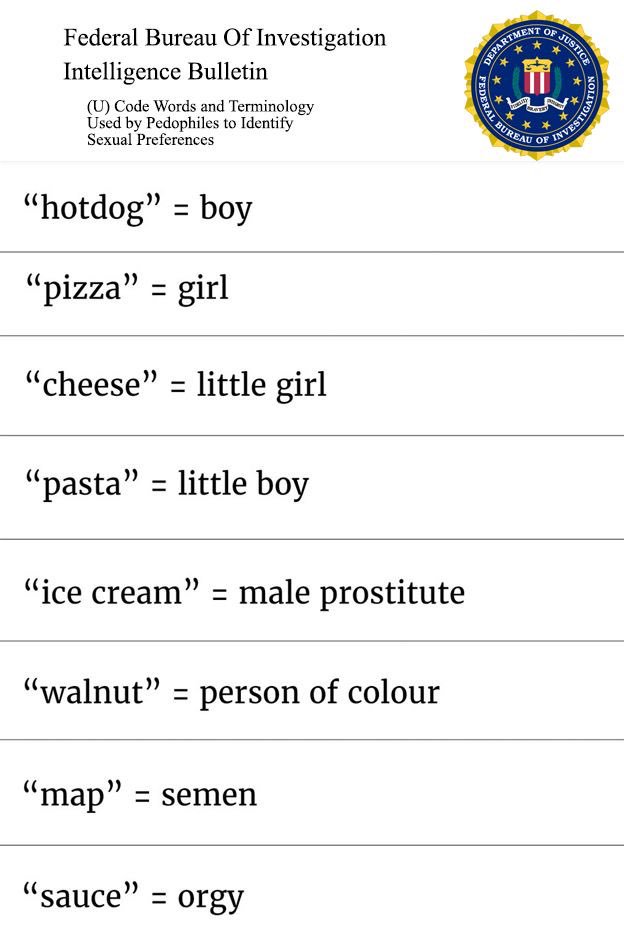 Patients looked at computer-generated images of children, while their brain activity was read by an electroencephalograph, and sexual arousal was read by a special device that is worn on the penis. These experiments have shown that VR can be a good substitute for real photos of children.
Patients looked at computer-generated images of children, while their brain activity was read by an electroencephalograph, and sexual arousal was read by a special device that is worn on the penis. These experiments have shown that VR can be a good substitute for real photos of children.
Some experts believe that virtual child pornography can be used to curb socially unacceptable impulses, which is, in fact, the maximum achievable outcome of therapy. And studies conducted in various countries have shown that allowing child pornography to be downloaded has reduced the number of sexual offenses against children.
Canadian forensic psychologist Michael Seto is convinced that virtual reality can be an outlet for patients with well-developed self-control. “But for those who are more impulsive, risk-averse, or indifferent to how their behavior affects others, access to virtual child pornography can have negative consequences and possibly increase their desire to interact with real children,” he argues.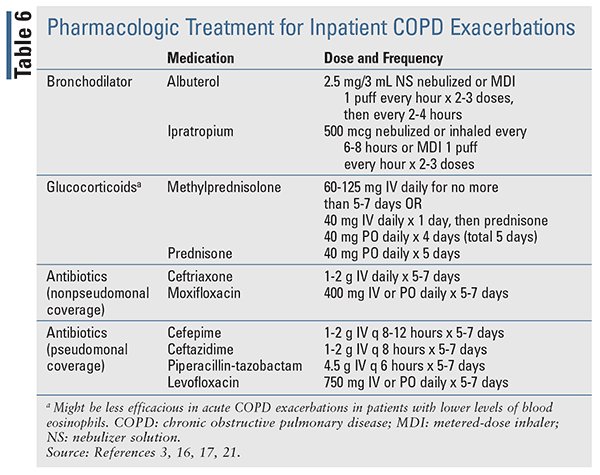
Patrice Renault also worries about this risk: "Only a very small proportion of pedophiles are able to use such sexual surrogates without the desire to go out into the street and commit a crime." Therefore, all images of virtual children created in the Renault Lab are stored under reliable protection.
The same debate is going on around sex robots that anatomically mimic children. Shin Takagi, a person with a pedophilic disorder and founder of the Japanese company Trottla, which makes lifelike sex dolls in the form of children, says: “We have to admit that it is impossible to change someone's fetishes. Therefore, I help people fulfill their desires legally and ethically.”
So far, there are no studies that would show that such dolls effectively prevent crime or, on the contrary, increase the level of violence many times over.
Forensic psychologist Michael Seto tells that access to realistic sex dolls will help keep some pedophiles from looking for child pornography or sex with real children, but for others it can only add to feelings of frustration.

Peter Fagan, paraphilia researcher at Johns Hopkins School of Medicine, is very skeptical of solutions like Trottla dolls: "Contact with such products is likely to have a reinforcing effect on pedophilic ideas and in many cases force action to be taken without delay."
New legislation and online groups
Another approach to the treatment of paedophilic disorder is to change the attitude towards people with this diagnosis at the state level. The Center for Anonymous Pedophiles has been operating at the Charité clinic in Berlin for almost twenty years, in which everyone is helped free of charge and on condition of complete anonymity. Those who nevertheless gave free rein to their attraction also turn there, but medical secrecy does not allow reporting their crimes to the authorities.
“If patients were not guaranteed confidentiality, most of them would not come at all, and those who did come would not be really honest,” says Laura Kühle, clinical psychologist and one of the center's therapists.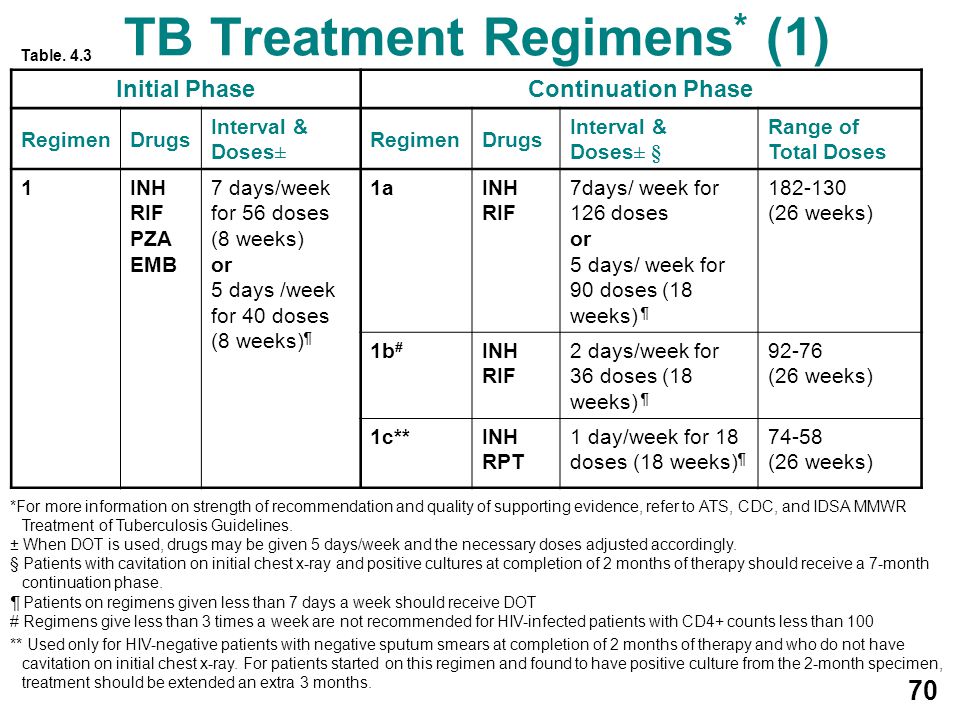
Most EU countries do not have such conditions. So a Briton with a paedophilic disorder moved to Germany to access a treatment program at Charité. In correspondence with The Guardian, he said:
“I am very tired of British medical ‘professionals’ who look at me as if I have grown horns.
Despite the fact that pedophilia is listed as a mental illness in the DSM, they do not want to help us - they want to see us locked up or possibly burned at the stake.
So I moved to Germany for therapy, I am learning German and I have a social worker helping me.”
Each week, the pedophile must attend three-hour group therapy sessions with six to ten patients and two specialists. These meetings are held at the end of the working day and are based on CBT methods. Also in the clinic there is the possibility of drug treatment of the disorder.
The Pedophile Anonymous Center and its internal pedophile crime prevention project Dunkelfeld enjoy strong support from the ruling Christian Democratic Party and Angela Merkel to require health insurance companies to fund the treatment of such patients. In the meantime, the project exists at the expense of state and charitable grants and costs 5-8 million euros per year.
In the meantime, the project exists at the expense of state and charitable grants and costs 5-8 million euros per year.
However, data from a recent study (2019) did not confirm that Dunkelfeld treatment resulted in a statistically significant reduction in the propensity to commit sexual crimes against children. But its authors warn that the results come from a small sample of 53 people.
But the German project is not the only one of its kind. For example, in Sweden, a national telephone line, PrevenTell, has been operating for several years to help people with unwanted sexual thoughts. Its goal is to help people prone to sexual crimes (including pedophiles) avoid committing rape. Thanks to this hotline, scientists from the Gothenburg Institute of Neuroscience and Physiology conducted a study on a new drug for the treatment of paedophilic disorder - degarelix. It is also used in the treatment of advanced prostate cancer in men.
Researchers selected 52 pedophile-prone people from among those who contacted the call center. They were invited to the hospital, where some of the subjects were injected with a new drug, while the rest received a placebo. It turned out that in those who used degarelix, both libido in general and sexual desire for children decreased.
They were invited to the hospital, where some of the subjects were injected with a new drug, while the rest received a placebo. It turned out that in those who used degarelix, both libido in general and sexual desire for children decreased.
“Some have said that annoying thoughts about children disappeared and they could focus on other things. Many have said that they have lost the impulse to masturbate and can only see children as people, not sexual objects.
And most of those who received the drug said they would like to continue taking it,” one of the researchers, Dr. Christopher Ram, shared the results.
There are also online support groups for non-criminal pedophiles. The most famous of these, The Virtuous Pedophiles, was formed in 2012 as a safe place for pedophiles to discuss their problem and struggle with it. Another organization, the Association for Sexual Abuse Prevention, was created by some members of The Virtuous Pedophiles and is currently developing a platform for pedophiles to connect with mental health professionals.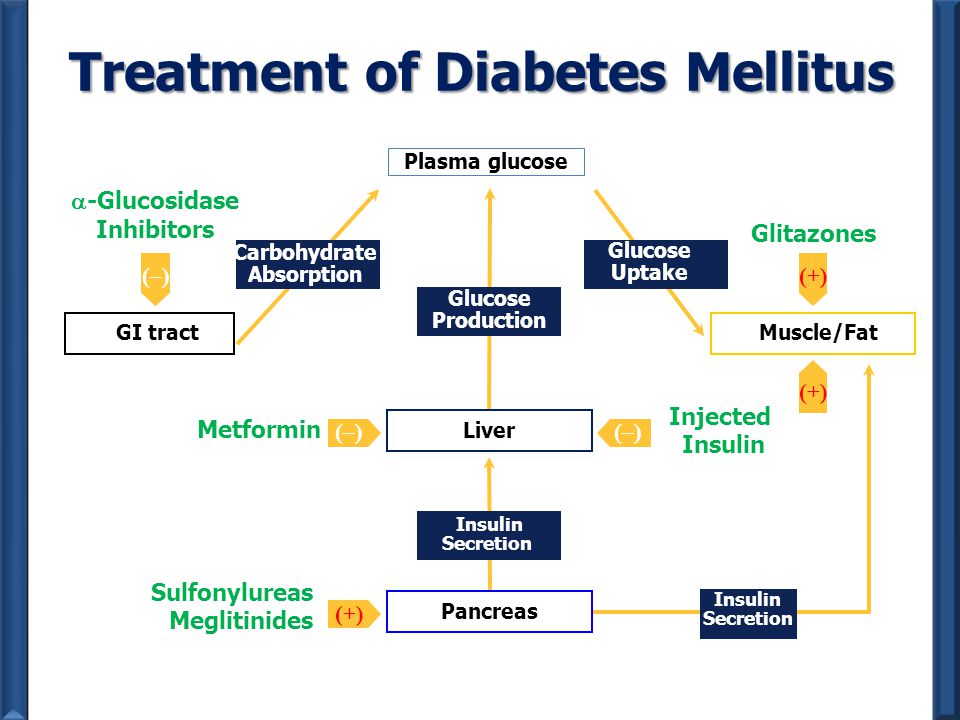
Canadian clinical psychologist James Kantor believes that such groups help people lead a decent life. "And then they get the energy and strength to control themselves because they don't want to risk what they have."
Many people, including scientists, reject others not only for their crimes, but even for the very fact of having a paedophilic disorder. A person suffering from it feels lonely and depressed, and then aggression accumulates in him, and its excess can lead to tragedy. “People do their most desperate things when they feel most desperate,” Kantor concludes.
Treatment of pedophilia
Pedophilia (paderosia or infantosexualism) refers to sexual deviations - deviations from the forms of sexual behavior accepted in society. It is more often noted in men (in women it occurs only in 16%), who imagine or actually commit sexual acts in relation to immature children.
Symptoms and classification of pedophilia
If a person experiences sexual attraction only to children, then this is exclusive pedophilia, and if at the same time also to adults, it is non-exclusive.
Depending on preferences, the following types are distinguished:
- Homosexual pedophilia;
- bisexual pedophilia;
- heterosexual.
There is a widely criticized age classification of attraction:
- under 11 years old - pedophilic type;
- from 11 to 14 years old - hebephilic type;
- of both age groups - pedogebephilic type.
The vast majority of reputable psychiatrists do not agree with this, considering pedophilia to be exclusively a sexual attraction to immature children.
Pedophilia: Causes of Appearance
The study of the activity of the brain of people with this disorder made it possible to find out: when they see a child, they activate zones that, in an ordinary male representative, become active when contemplating a naked woman.
Magnetic resonance imaging has shown that people with this mental disorder have much fewer fibers that connect parts of the brain than normal people.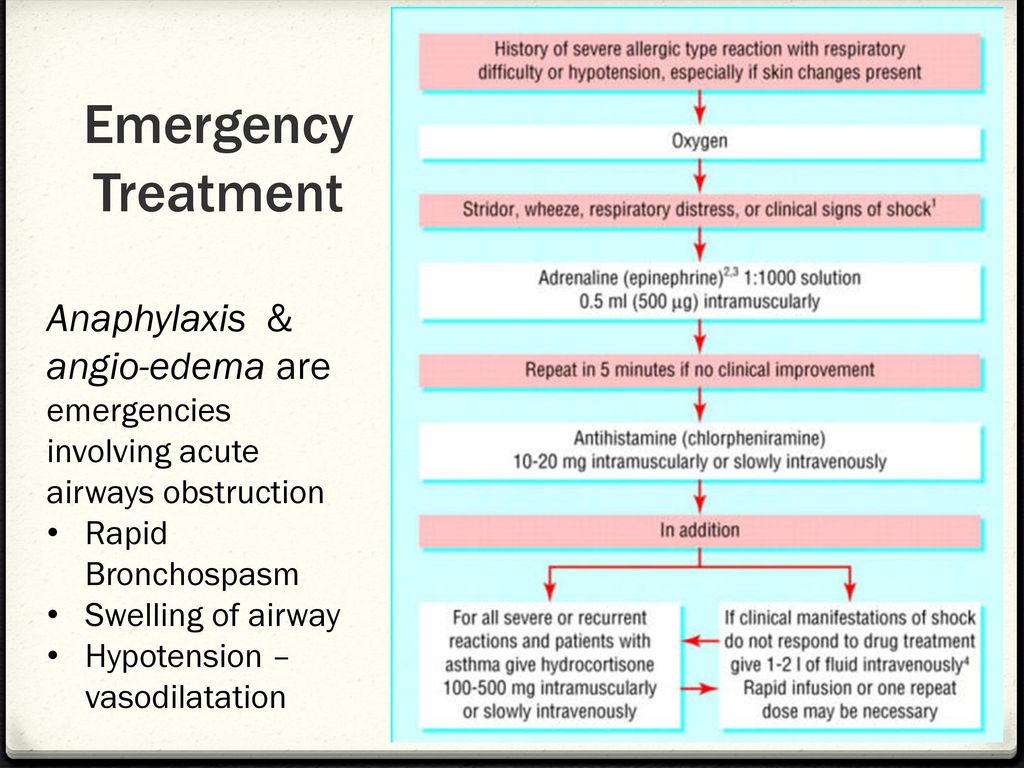 At the same time, the number of fibers that provide a connection between the two zones: the stabilization of sexual impulses and the creation of sexual arousal is abnormally low. This led to the conclusion that pedophilia is a congenital abnormality, and gene mutation is to blame.
At the same time, the number of fibers that provide a connection between the two zones: the stabilization of sexual impulses and the creation of sexual arousal is abnormally low. This led to the conclusion that pedophilia is a congenital abnormality, and gene mutation is to blame.
However, in some cases, sexual deviation can occur after traumas experienced in childhood, especially traumas of sexual abuse in boys.
On the basis of research, it can also be concluded that many pedophiles have some kind of infantilism, immaturity of the psycho-emotional sphere. The thing is that such individuals are much more comfortable with children - with them they seem to themselves more courageous, more confident and much more mature. It is worth noting that the more complexes a pedophile has, the younger children they choose.
Pedophilia manifests itself either from youth or after a certain push: communication with a certain person, severe stress or watching a pornographic film.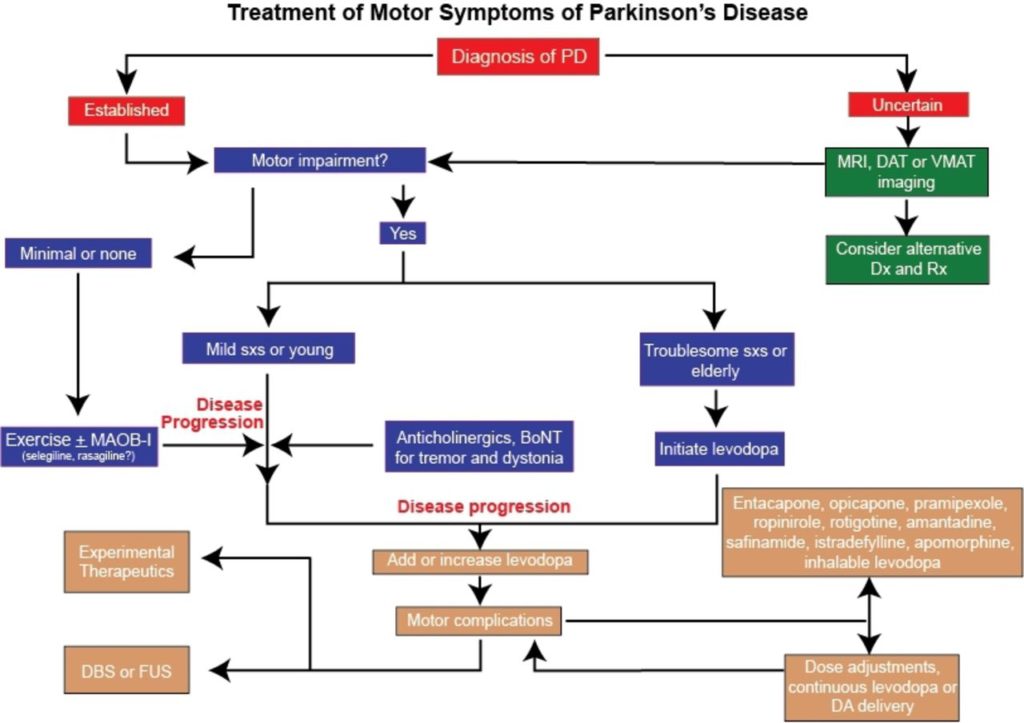
Specialists of our Center can help an individual with such sexual deviation. After psychotherapy sessions, the patient learns to control his behavior and sexual fantasies associated with children.
Diagnosis and treatment of pedophilia
For society, such a sexual deviation as pedophilia is dangerous and unacceptable in itself. Therefore, it must be treated.
A person who understands his problem, is aware of it and realizes that attraction to children has become pathological, has a chance to suppress his deviation. Psychiatrists and psychotherapists will do everything possible to achieve positive results through a special course of treatment and subsequent rehabilitation.
Pedophilia is diagnosed if the patient has reached the age of sixteen, and he experiences sexual attraction to a child at least 5 years younger than him.
The doctor refers the patient to CT and MRI.